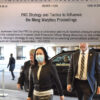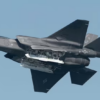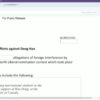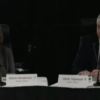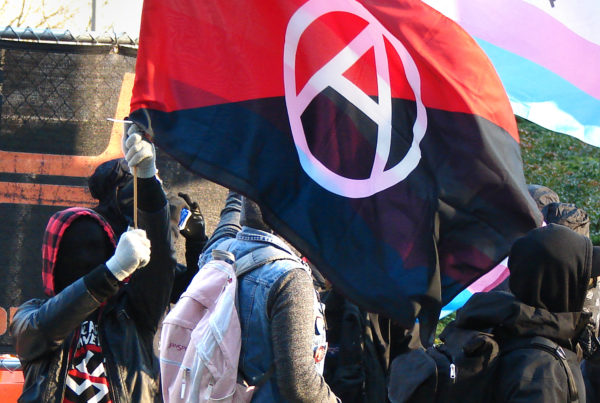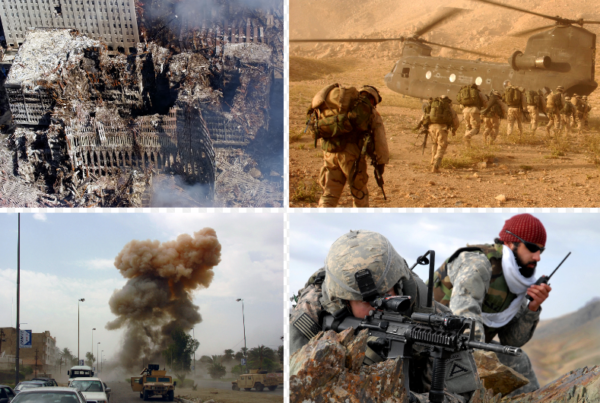Alternative Names:
Jaish-i-Mohammed (Mohammad, Muhammad, Muhammed), Jaish-e-Mohammad (Muhammed), Jaish-e-Mohammad Mujahideen E-Tanzeem, Jeish-e-Mahammed, Army of Mohammed, Mohammed’s Army, Tehrik Ul-Furqaan, National Movement for the Restoration of Pakistani Sovereignty and Army of the Prophet.
Location:
Pakistan, India and Afghanistan
Leadership:
Masood Azhar (2000 to Present): Azhar is Jaish-e-Mohammed’s (JeM) founder and commander. Azhar gained prominence during the 1990s, including during his time in an Indian prison for militant activities in Jammu and Kashmir. Azhar also leads the JeM faction known as Khuddam ul-Islam.
Abdul Jabbar (2003 to Present): Jabbar is the leader of the JeM faction known as Jamaat ul-Furqan.
Membership:
The US State Department estimated in 2013 that JeM had several hundred armed supporters
Funding Sources:
JeM receives funding through charitable foundations such as Al Rashid Trust, a trust fund recognized by the US as a financial facilitator for terrorist groups such as Al Qaida and the Taliban. JeM also collects funds through various personal donations and fundraising through their magazine and pamphlets. The group has allegedly received funds from other Pakistani terror groups including, Harakat ul-Jihad and Harakat ul-Mujahideen.
Origins
Founded in early 2000, JeM is an Islamist extremist group based in Pakistan. The group was founded by Azhar, who was a citizen of Pakistan and a member of the terrorist group Harakat al-Mujahideen (HuM). Azhar had been accused of fighting US troops in Somalia under instruction from Osama Bin Laden.
Indian authorities arrested Azhar and held him until in 1999, when a highjacking of an Air India flight by HuM members successfully secured his release. After his release, Azhar allegedly met with Bin Laden, which lead to the creation of JeM.
JeM quickly gained recognition for its attacks in Indian Administered Kashmir, and later in India and Pakistan. The first major attack took place on April 19, 2000 where JeM members used a suicide VBIED to attack the Indian Army headquarters.
In late December 2001, JeM attacked the Parliament building in Mumbai. Following the attack the US State Department added JeM to its foreign terrorist organization list. Subsequently, Pakistani President Pervez Musharraf outlawed JeM and its activities in 2002. This formally removed any doubt about state sponsorship of JeM actions in Pakistan and Afghanistan where the group had begun to operate.
Azhar has continued to make statements calling for jihad, liberation of Indian Administered Kashmir, and attacks against Israeli and US interests. JeM has continued to remain somewhat active in the region, mostly in Afghanistan, however current levels of activity are unclear.
Major Attacks:
April 19, 2000: A suicide car bomb exploded outside the Indian Army’s 15 Corp headquarters in Badami Bagh, India. (1 killed, 7 wounded)
June 4, 2000: JeM militants gunned down Jammu and Kashmir armed police at a bus stand in Batmaloo, Srinagar, India, and in Wazirbagh, India. (3 killed, 1 wounded)
December 11, 2000: Planted a mine in the main Srinagar-Baramulla highway in New Delhi, India, targeting the Border Security Forces (1 killed, 8 wounded)
December 25, 2000: A car bomb exploded outside the Indian Army headquarters in Indian Administered Kashmir. (8 killed, 23 injured)
October 1, 2001: A car bomb targeting the State Assembly building in Srinagar, India. The militants entered the building and engaged in a shootout with Indian Security Forces. (31 killed, 6 wounded)
December 13, 2001: JeM gunmen stormed the Parliament building in Mumbai. No members of Parliament were killed, and all of the gunmen died in the attack. (14 killed, 22+ wounded)
January 23, 2002: Wall Street Journal journalist Daniel Pearl was abducted by JeM members in Karachi, Pakistan. He was beheaded several weeks after his abduction. (1 killed)
February 14, 2002: Killing of National Conference activist Abdul Hafeez Mirza. JeM had previously warned people against participating in the upcoming electoral process in Jammu and Kashmir. (1 killed)
August 4, 2002: Gunmen attacked a convent school near Islamabad, and then a Christian hospital in the region a few days later. (10 killed, 23+ wounded)
December 25, 2003: Two suicide bombing attempts to assassinate Pakistan President Pervez Musharraf in Rawalpindi, Pakistan. (1 killed)
November 2, 2005: A suicide car bomb attack outside the Srinagar home of outgoing Chief Minister of Indian Administered Kashmir Mufti Mohammad Sayeed. (5 killed, 8 wounded)
May 30, 2006: Attack on a Human Rights Commission escort vehicle near the Iqbal Park area of Srinagar killed a police constable. (1 killed, 6 wounded)
September 26, 2013: An army base in Indian Administered Kashmir was attacked in a truck bombing and subsequent raid by gunmen. The al-Shuda Brigade claimed responsibility, but authorities believed that JeM and Lashkar-e-Taiba colluded in the attack. (7 killed, 3 wounded)
Ideological Roots:
JeM follows an extreme Deobandi Sunni ideology, which believes that Islamic societies have fallen behind the West because they have been seduced by the amoral and material ideals of Westernization.
The group uses this religious framework and associates it to an ideology that closely follows that of Al Qaida and the Taliban. JeM has publically declared war on the US, and intends to drive Hindus and other non-Muslims from the subcontinent.
Objectives:
Its objectives are to absorb the Indian-administered areas of Jammu and Kashmir into Pakistan and ultimately establish an Islamist state in the country. JeM is committed to using indiscriminate terror tactics to achieve its objectives, including targeting foreigners and political representatives of foreign states.
Tactics:
The group primarily attacks police forces and other government targets, including army bases, camps and public places in Kashmir and India. In addition, these attacks target Christians, Hindus, Shiites and other non-Muslim groups within the region. The group has also been known to target individuals with political influence. JeM typically uses explosives or firearms in its attacks. The group has also been known to carry out assassinations and kidnappings.
Updated on January 8, 2015.

